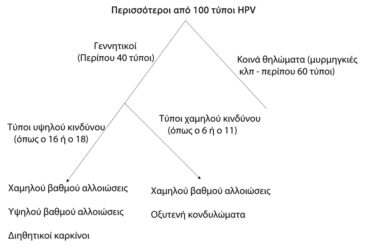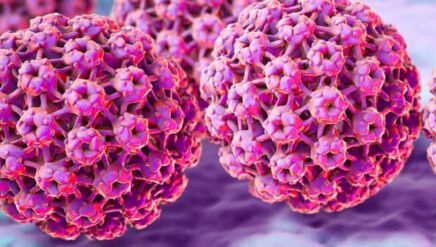
The type of the virus plays an important role. However, the immune system (the human body’s defense mechanism) and the good function of the body’s tumor-suppressing mechanisms are more important. For example, HPV 16 is the most oncogenic type of HPV and causes persistent infections. We know, however, that many women infected with HPV 16 on the cervix suppress the infection within 2-3 years without any consequences. Despite this, in some cases infections from HPV 16 on the cervix are persistent. It is obvious that the immune system of these women cannot control and suppress them. A significant percentage of these women will develop premalignant lesions and, later on, cervical cancer.




